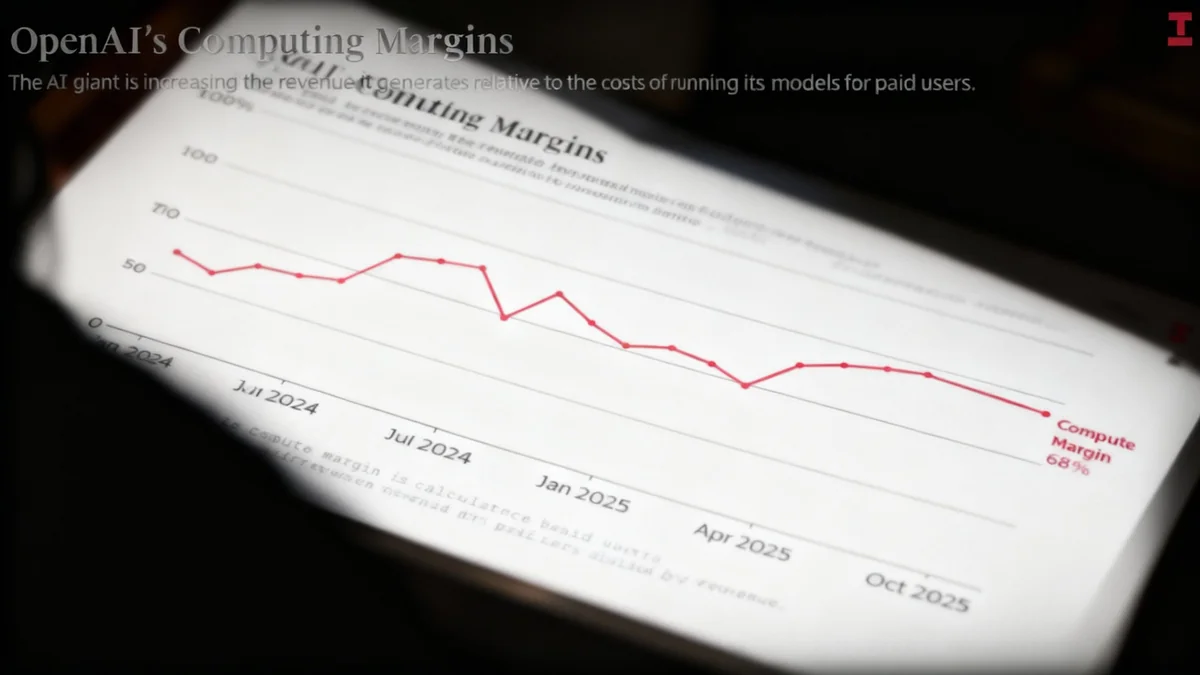A new wave of European defense technology companies, backed by private venture capital, is transforming how military hardware is developed and deployed. This shift, accelerated by the conflict in Ukraine, moves away from traditional government-led procurement and allows for faster innovation. Munich-based startup Helsing is a prominent example of this new model, having achieved a high valuation by rapidly adapting its technology for the battlefield.
Key Takeaways
- Private investors are increasingly funding European defense startups, a departure from the historically state-dominated industry.
- The war in Ukraine has created urgent demand for advanced, adaptable military technologies like AI-powered drones.
- Companies like Germany's Helsing exemplify the new model, using private capital to accelerate development and deployment.
- This venture-backed approach allows startups to bypass slower, traditional government procurement cycles, enabling quicker innovation.
A New Business Model for Defense
For decades, the development of military technology followed a predictable path. Governments would identify a need, issue a detailed proposal, and fund established defense contractors through long-term contracts. This process, while thorough, is often slow and bureaucratic, taking years to deliver new systems.
However, a significant transformation is underway in Europe. A new generation of technology startups is entering the defense sector, financed not by government contracts but by private capital. These companies operate like typical tech startups, using venture funding to research, develop, and prototype new technologies independently.
The Traditional vs. The New Model
The traditional defense procurement model is often characterized by its lengthy timelines and rigid requirements. In contrast, the new venture-backed model prioritizes speed and agility, allowing companies to innovate proactively and present ready-made solutions to governments facing immediate threats.
This approach fundamentally alters the industry's dynamics. Instead of waiting for government direction, these firms anticipate future military needs and build solutions speculatively, hoping to secure buyers after their products are developed. This method introduces a level of speed and competition previously unseen in the sector.
The Ukraine Conflict as an Accelerator
The full-scale invasion of Ukraine served as a major catalyst for this shift. The conflict highlighted the critical need for modern, high-tech warfare capabilities that could be deployed quickly. The extensive use of drones, artificial intelligence for targeting, and advanced surveillance systems demonstrated that battlefield success often depends on technological superiority and rapid adaptation.
The urgency of the situation in Ukraine exposed the limitations of the old procurement system. Nations needed advanced systems immediately, not in five to ten years. This created a fertile ground for agile startups capable of delivering innovative solutions on a much shorter timeline.
Demand for Modern Warfare Tools
The conflict in Ukraine has seen unprecedented use of unmanned aerial vehicles (UAVs) and AI-driven software for reconnaissance and targeting. This has created a clear and present demand that agile tech startups are uniquely positioned to meet, often much faster than legacy defense corporations.
According to industry analysts, the demand from Ukraine and concerned NATO allies has validated the business model of these new defense tech companies. It proved that a market exists for privately developed, cutting-edge military technology that can be delivered without the long delays associated with state-run projects.
Helsing: A Case Study in Modern Defense Tech
Among the companies at the forefront of this revolution is Helsing, a startup founded in Munich in 2021. In a short period, Helsing has become one of Europe’s most valuable defense technology companies by focusing on artificial intelligence and software for military applications.
The company's rapid rise was fueled by significant private investment, including seed funding from prominent technology figures like Daniel Ek, the CEO of Spotify. This financial backing allowed Helsing to develop its technology without relying on initial government contracts.
"It’s a pretty big revolution in the defense industry," said Gundbert Scherf, a co-founder of Helsing and a former adviser in the German defense ministry. "It’s a totally different business model."
Helsing's success is not just theoretical. The company has actively adapted its drone and AI software for use in Ukraine, providing tangible proof of its technology's effectiveness in a real-world conflict. This ability to quickly modify and deploy its systems has solidified its reputation and attracted further interest from European governments seeking to modernize their own forces.
The Strategic Advantage of Speed
The core advantage offered by companies like Helsing is speed. By using private funds, they can operate on commercial timelines, developing and iterating on products much faster than government agencies or traditional defense contractors. This agility is crucial in a geopolitical environment where technological advantages can shift rapidly.
This new model also fosters innovation. By attracting talent from the commercial tech sector and encouraging a culture of rapid prototyping, these startups are introducing new ideas and capabilities into a traditionally conservative industry. The focus is on software, data analysis, and AI, areas where Europe's tech ecosystem has significant expertise.
The Future of European Military Preparedness
The emergence of a venture-backed defense tech sector represents a strategic shift for Europe. As nations across the continent increase their defense spending in response to global instability, they are looking for more efficient and effective ways to equip their armed forces.
The success of startups like Helsing suggests that a hybrid model may become the new standard, where governments partner with both established contractors and innovative, privately-funded tech companies. This approach would allow nations to maintain their industrial base while also leveraging the speed and innovation of the startup ecosystem.
Global Defense Spending on the Rise
Governments worldwide are allocating trillions of dollars to modernize their military forces for a new era of high-tech conflict. This increased spending creates a significant market opportunity for companies that can deliver advanced, effective, and rapidly deployable technology.
Ultimately, this transformation is about more than just business models; it is about enhancing national security in a more volatile world. By embracing private sector innovation, European nations aim to build a more resilient, technologically advanced defense capability to meet the challenges of the 21st century.





